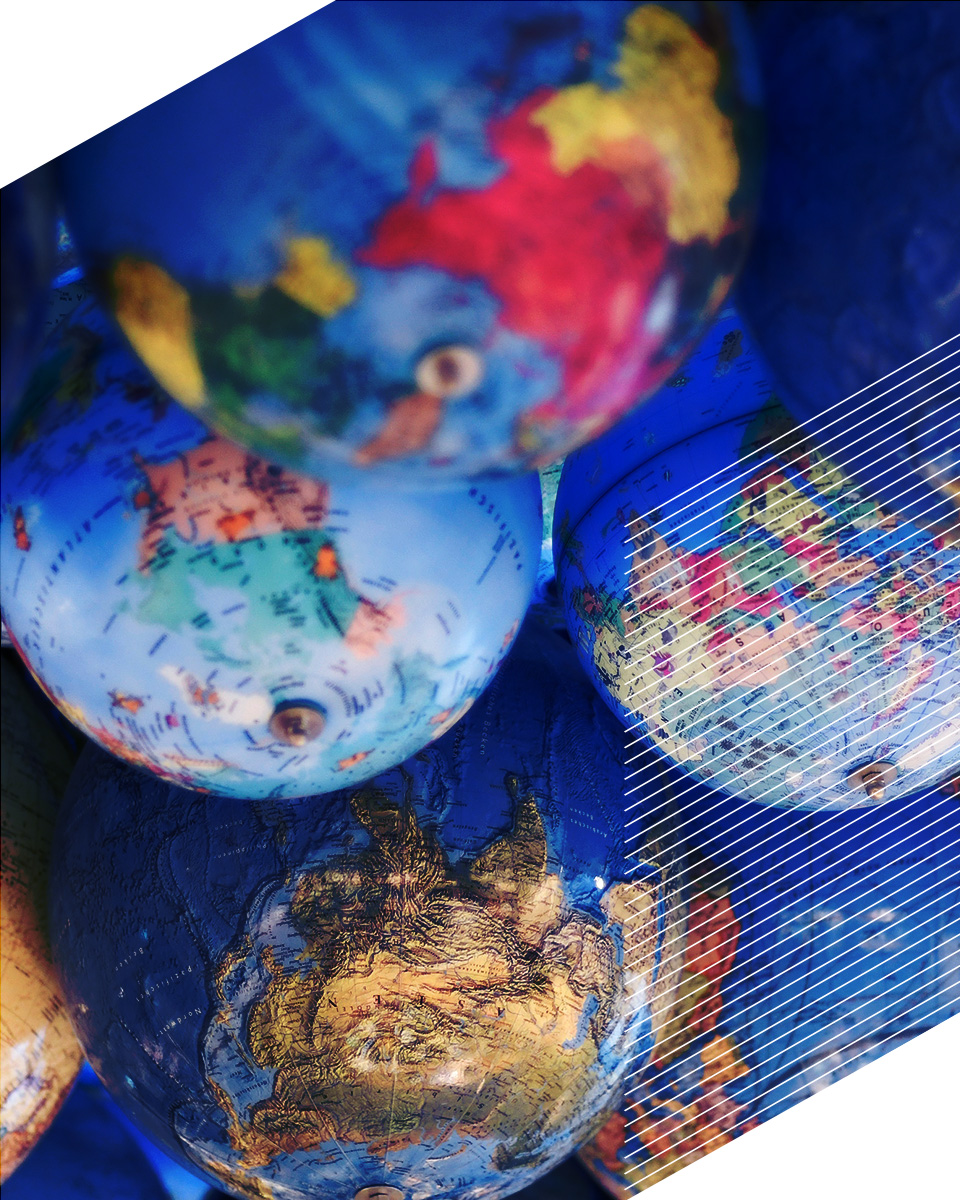• Sociology: Analyze the social structures, inequalities and human interactions that influence everyday life.
• History: Explore the great civilizations, social movements and political events that have shaped our world.
• Human Rights and Fundamental Freedoms: Learn about the universal principles of human rights, their history and current challenges around the world.
• Introduction to Political Science: Study the political systems, legal institutions and governance issues that underpin the world order.
In addition to these core courses, you'll also develop essential intercultural and language skills. You'll learn to communicate effectively with people from different cultures and navigate a globalized world.
• Introduction to Modern Economics: Understand fundamental economic principles, economic systems and global challenges such as poverty and development.
• Environmental economics: Learn to analyze the links between economic activity and the environment, and explore solutions to environmental problems such as climate change and pollution.
• The role of international organizations: Discover the workings of international organizations such as the UN, the European Union and the World Bank, and understand their impact on international relations.
• Anthropology: Explore the diversity of human cultures, lifestyles and thought systems around the world.
• Sustainable development: Learn how to tackle the urgent environmental and social challenges facing our planet.





